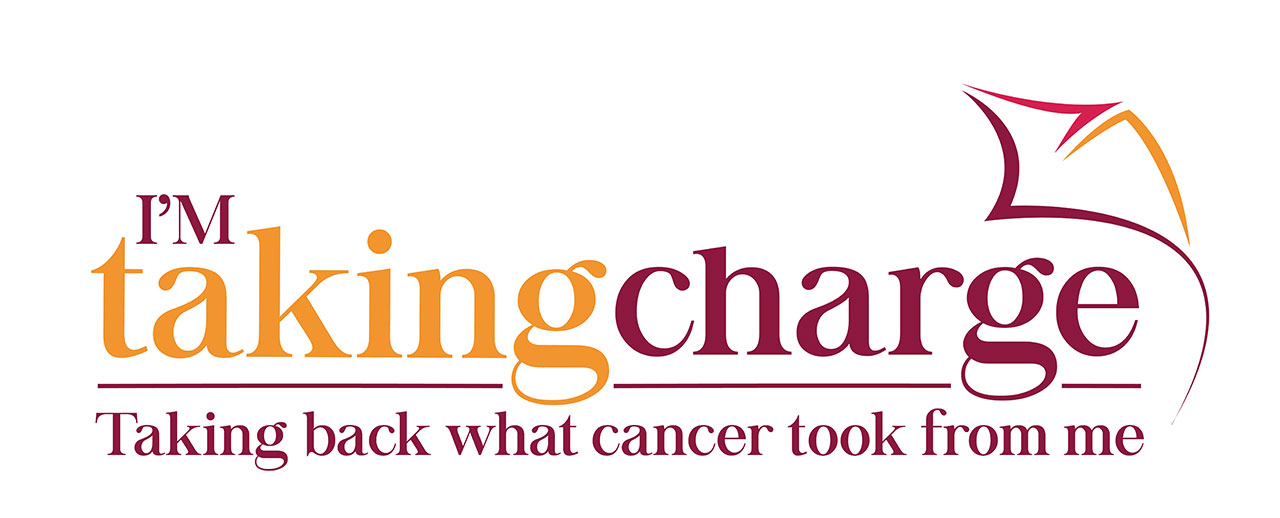Determining the cost of breast surgery is tricky, because it all depends on a combination of factors, such as your insurance policy, surgery center, and surgeon. On average, women in the United States pay around $23,000 for their initial breast cancer treatment. Continuing treatment costs an additional $2,200. Costs may go up to even $134,000 for stage IV breast cancer. If you’re having trouble figuring out how you’ll afford breast cancer treatment, reach out to the patient navigators at your hospital. They should be able to connect you to financial assistance opportunities.
After breast surgery, you will have surgical drains placed around the operation area. These drains prevent fluid from collecting in the incision area. When fluid collects here, it slows down your healing and increases the risk of infection. Fluid also places pressure on the incision site and can be uncomfortable.
Breastfeeding on the affected side may be difficult following a lumpectomy since the amount of milk produced by that breast will likely be impacted by the removed tissue. If you’ve had a mastectomy on one side and are not currently undergoing chemotherapy, you should be able to breastfeed on the opposite. If breastfeeding after breast surgery is important to you, discuss this with your breast surgeon before the surgery. This may impact what procedure you choose.
One procedure is not better than the other. Both mastectomies and lumpectomies have similar survival rates in early stage breast cancers. They each have advantages and disadvantages of their own. Lumpectomies are the main option if you want to retain your breast. However, you will most likely have to undergo radiation following the procedure. You might also not be eligible for a lumpectomy depending on your tumor. Mastectomies remove the entire breast and are more widely available in hospitals. To learn more, check out this article on Lumpectomy or Mastectomy or tune into our Lumpectomy vs Mastectomy podcast series.
After a mastectomy, you will usually stay in the hospital for at least one night. However, this time may increase if you are undergoing immediate breast reconstruction. For a lumpectomy, you can return home the same day as your procedure. It may be worth reading more on what to expect during and after breast surgery.
You can minimize scarring after breast surgery by requesting various scar-reduction techniques, such as the hidden scar surgery. If you are not a candidate for such procedures, you can reduce the appearance of scars by using a scar cream or various herbal treatments. Staying inclined while resting reduces scarring. As can take cool showers, eating healthy, and avoiding the sun. Herbal remedies, such as amica montana and bromelain, can also help. That being said, scars will ultimately be a part of your new normal, and it may be helpful to look at them as your symbols of survival. Many women choose to incorporate their scars into beautiful breast tattoos. There are even grants to help women afford these tattoos.
Five-year survivability rates are lower if you skip breast cancer surgery. While it is technically possible to skip surgery and undergo breast cancer treatment, it is not recommended most of the time. If you are worried about breast surgery, talk to your medical team to figure out a solution that works for your situation.
Radiation is used to kill any cancer that may be left after surgery. It is an option if you have early-stage breast cancer or DCIS. If you have IBC or a locally-advanced breast cancer, radiation therapy is a standard treatment. In addition, you will usually receive radiation therapy if you’ve had a lumpectomy.
Usually your general physician or gynecologist will refer you to a breast cancer surgeon, who will perform the needed mastectomy or lumpectomy. Finding the right plastic surgeon can be more challenging. Yet, if you are considering breast reconstruction, it is best to start that conversation as early as possible. Start by reading our article on choosing a plastic surgeon.
Be sure to ask this question to your surgeon well in advance of the surgery, as there may be specific preparations unique to your condition. In general, preparation for breast cancer surgery is similar to many other surgeries. For example, your physician may advise you to not take any nonsteroidal anti-inflammatory drugs (NSAIDs) or aspirin for at least one week before the procedure. Also, you will probably not be allowed to eat or drink for about six hours before your surgery. This amount of time does vary based on the type of surgery, age, medications, and anesthesia, so most importantly, follow your surgeon’s directions. Make sure you have completed all the necessary testing, such as general health tests and ECGs, and attend you pre-assessment appointment. Finally, arrange to have someone pick you up after surgery. As you begin to make your preparation, go through this pre-surgery checklist.
Maybe, but it will be difficult. Depending on the type of surgery you’ve had and your daily chores, you may or may not need a ton of assistance. Many single women recommend getting help to come in at least once a week after major surgery, such as a mastectomy, to accomplish the tasks you simple can’t do for a little while, such as lifting heavy objects. Leading up to the surgery, try to plan ahead: this might include meals, setting up a comfortable place for recovery, or planning childcare. Don’t try to do everything yourself; ask for help, and rely on your community.
Have questions we’ve not answered? Let us know.

Leave A Comment